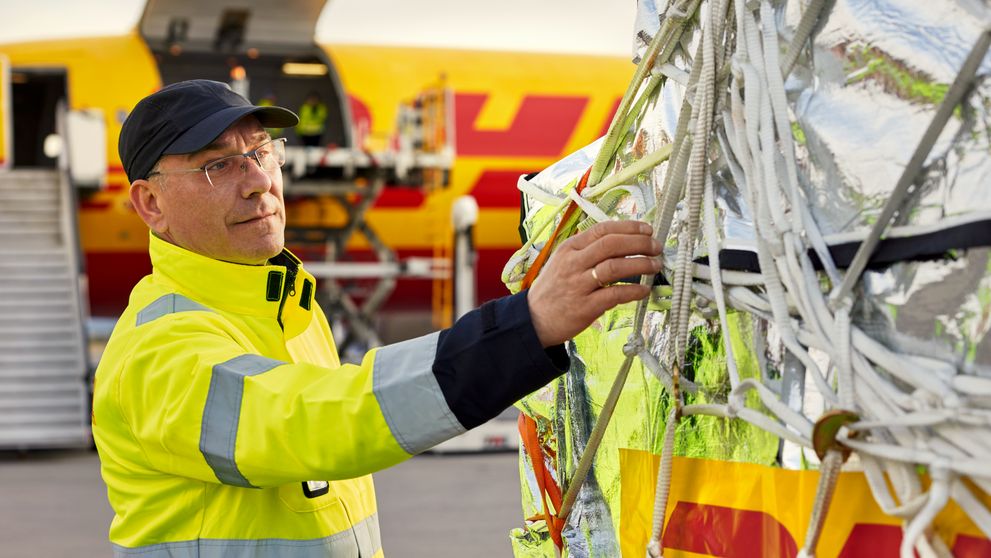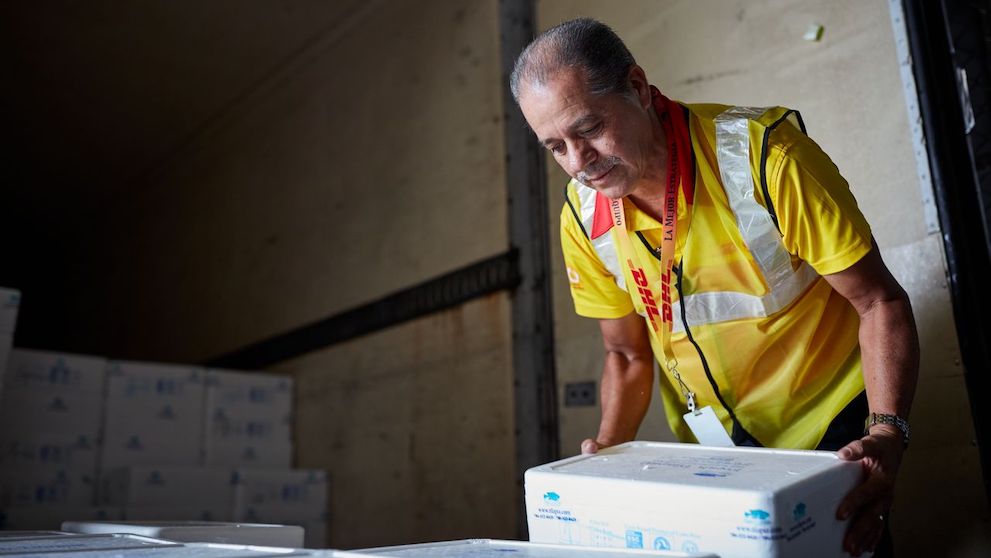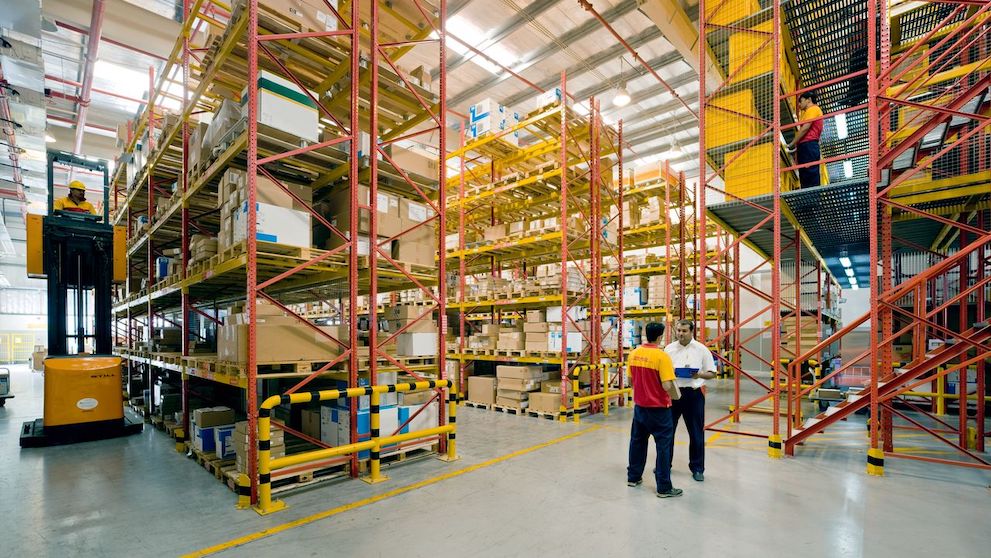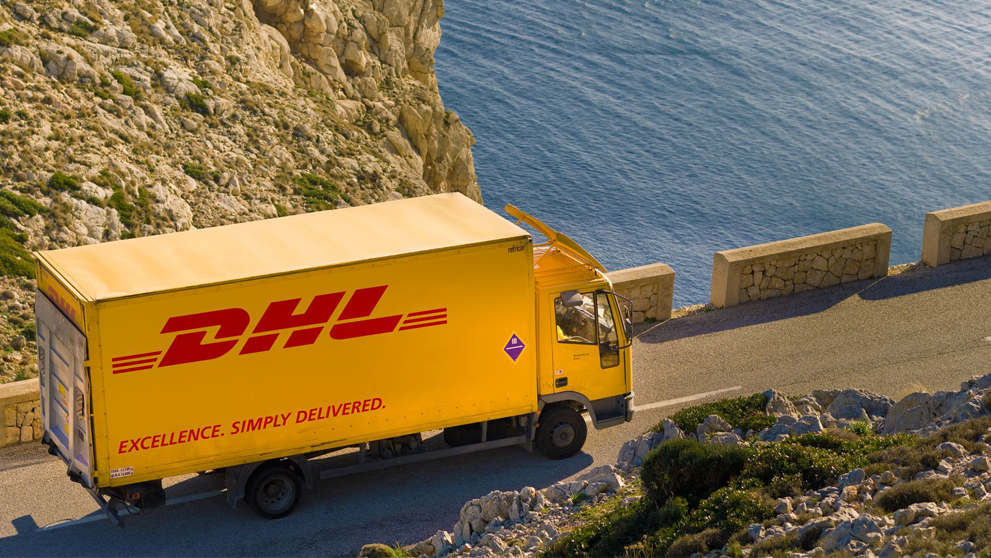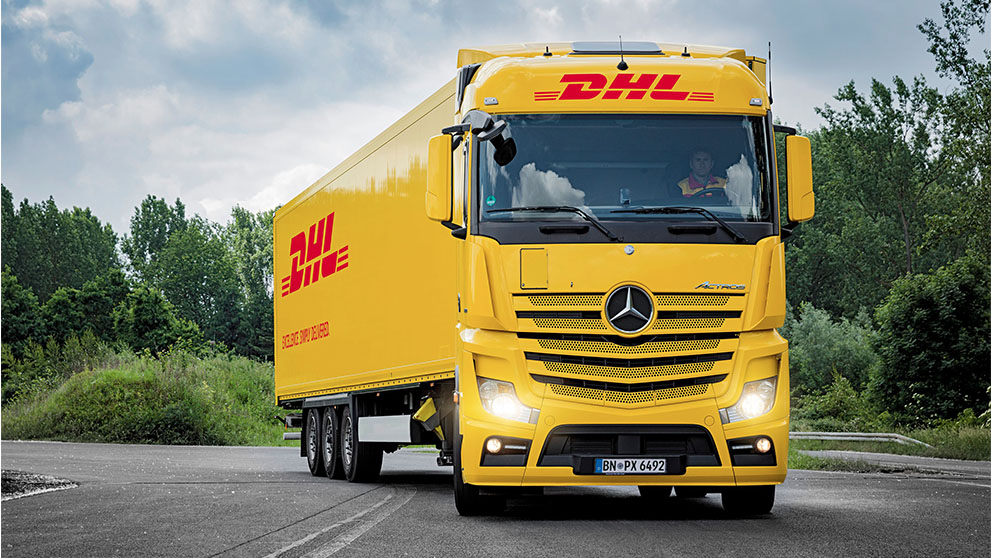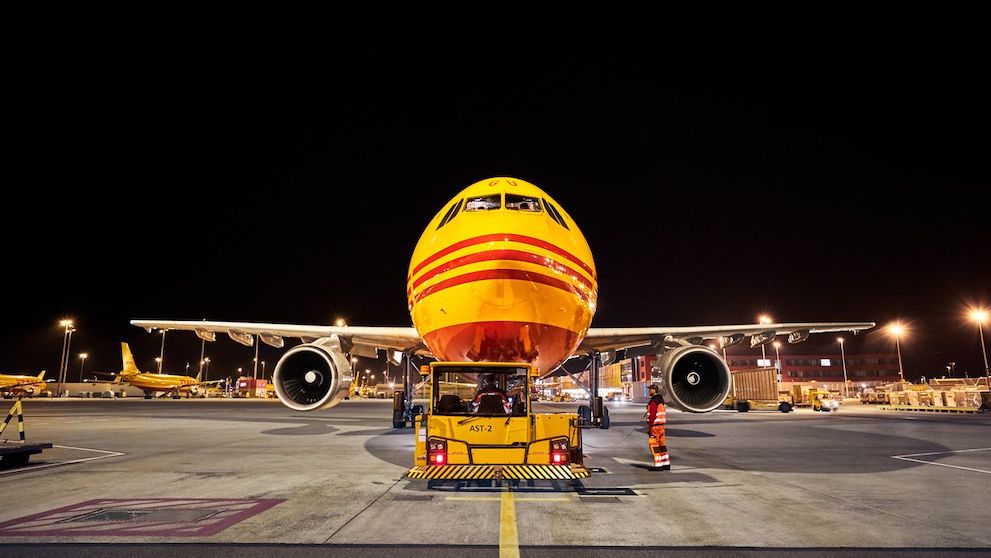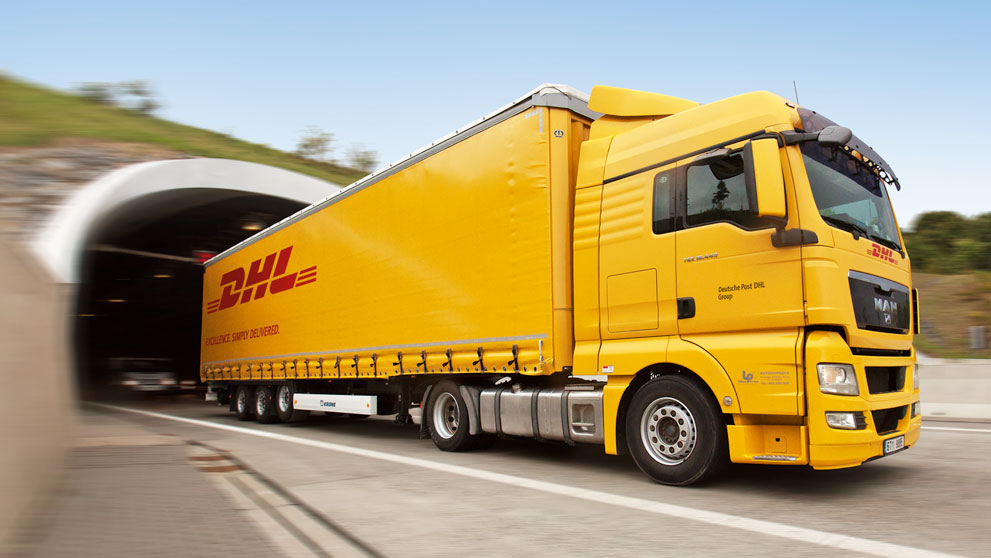Over the last two decades, Australia’s domestic expenditure on imported items has been increasing. Trade agreements improved market access in all areas of trade, which has helped sustain and increase the competitiveness of all businesses. If you’re looking to import overseas goods for your target audience, this customs duties and taxes guide will be helpful.
According to the Australian Bureau of Statistics2, total imports into Australia rose by AU$13.47 million in 2023, a 2.6% increase from the previous calendar year. Some of the biggest goods-importing industries in Australia2 include refined petroleum, motor vehicles and parts manufacturing, telecom equipment and parts, computers, and medical and pharmaceutical products.
When importing goods and products into Australia, whether from these top import industries or others, there is a high chance that you may need to pay customs duties and other taxes.
All products imported into Australia are typically subject to import duties at 5% of FOB (Free on Board) value and GST at 10% of CIF (customs value + insurance cost + freight value) plus customs duty unless there is a particular concession or exemption.
The amount you have to pay depends on several factors, such as the value of the imported goods and the type of products you are shipping. If you are unaware of what duties and taxes apply to your imports, it could cause unexpected hassle and incur additional costs. Hence, having access to such information helps to ensure you enjoy a smooth import process. Here’s a quick overview of the customs duties and taxes that are applicable when importing goods into Australia and how you can calculate them.
What is the customs duty on imported goods into Australia?
Customs duties
You have to pay customs duties if the value of imported products is above the designated threshold of AU$1,000, at a standard rate of 5% customs value. However, when importing tobacco and alcohol products, there are no exemptions to duties and taxes. Tools such as DHL’s customs duty calculator can be useful in estimating potential customs duties costs; however, the final amount will be determined by Australian Customs upon inspection of the goods.
Goods and Services Tax (GST)
In addition, you have to pay a 10% Goods and Services Tax (GST), which is calculated based on the total cost of goods, insurance, freight, and import duty. This means the GST is applied to the landed cost of the goods, not just their initial purchase price.
Other taxes and duties
Besides the standard customs duty and GST, there are also additional charges like:
- Wine Equalisation Tax (WET): 29% tax applied to all alcoholic beverages, including wine, beer, and spirits.
- Luxury Car Tax (LCT): 33% tax on luxury cars with a value exceeding a certain threshold.
- Dumping and countervailing duties: Applied to specific categories of goods to protect Australian industries from unfair competition.
These charges will still apply even in the presence of free-trade agreements between Australia and other countries.
Are there any exemptions for import duty and taxes in Australia?
Duty-free threshold
If the value of your goods is AU$1,000 and below, as noted above, you can import them duty-free. For consignments worth more, they can benefit from certain concession schemes that exempt import duty. Certain goods like basic food items and medical products can also be imported without paying GST. Do note that Australia’s import tax-free limit applies to most goods, except for alcohol and tobacco products, which are always subject to import duty regardless of their value.
Tariff Concession Orders (TCOs)
Tariff Concession Orders (TCOs)3 let you import goods into Australia duty-free if there are no Australian manufacturers of the goods. To be eligible for a TCO, you must demonstrate that the imported goods are not readily available in Australia or that the Australian-made equivalents are not suitable for your specific needs. Examples of goods that may qualify for TCOs4 include prepared foodstuffs, textiles and textile articles, specialised machinery and appliances, and inputs for manufacturing.
Tradex scheme
The Tradex Scheme5 waives import duty and GST on goods that will be re-exported from Australia. This is beneficial for businesses that use Australia as a regional distribution hub or that import goods for processing or repair before exporting them again.
Goods always subject to duties and taxes
Regardless of their value or any free trade agreements, certain goods will always incur customs duties and taxes upon import into Australia. These include tobacco products (cigarettes, cigars, loose tobacco) and alcohol products (wine, beer, spirits).
For example,
How can I calculate customs duty for importing goods into Australia?
Customs duty is usually calculated from a tariff classification, like the HS Code or a treatment code. It takes into consideration various factors including tariff classification, value of the goods, freight costs, and insurance costs. While duties can be tabulated using the various duties calculators online, it is important to note that these are an approximation. Import duty rates are applied based on different classifications and tallied at customs. Still, you are advised to consider calculating an estimate so you can set aside enough funds.

Do I need any documentation when paying import duty and taxes in Australia?
Yes, certain documentation is required when importing goods into Australia and paying import duty and taxes.
- Self-Assessed Clearance (SAC) Declaration: For imported goods valued at AU$1,000 or less imported via air or sea cargo (excluding tobacco and alcohol products), a completed SAC declaration must be presented at customs. Goods imported via post or mail will not require the SAC. No additional charge is pegged to this declaration either.
- Import declaration: For all other goods, an import declaration is necessary, along with an import processing charge ranging between AU$23 and AU$192.
Both the SAC and import declaration can be completed by the cargo company or a licensed customs broker. Our required import documents checklist can ensure you have the right documentation for the import process.
Import and export with DHL Express today
Ensuring that you can prepare the right documentation and calculate customs duties and import taxes ahead of time keeps you in control of the import process. Engaging a reliable logistics and express delivery provider in Australia can streamline the experience.
DHL Express helps businesses export from and import into Australia with a range of systematic and functional tools available on MyDHL+. From gaining access to preferential business rates to staying on top of regulatory changes, we ensure that you can ship your goods to and fro Australia hassle-free. Whether you’re starting an import or export business based in Australia, you can rest assured that DHL Express can support you through all steps of the international logistics process.
Why not create a business account on DHL Express to get started?


